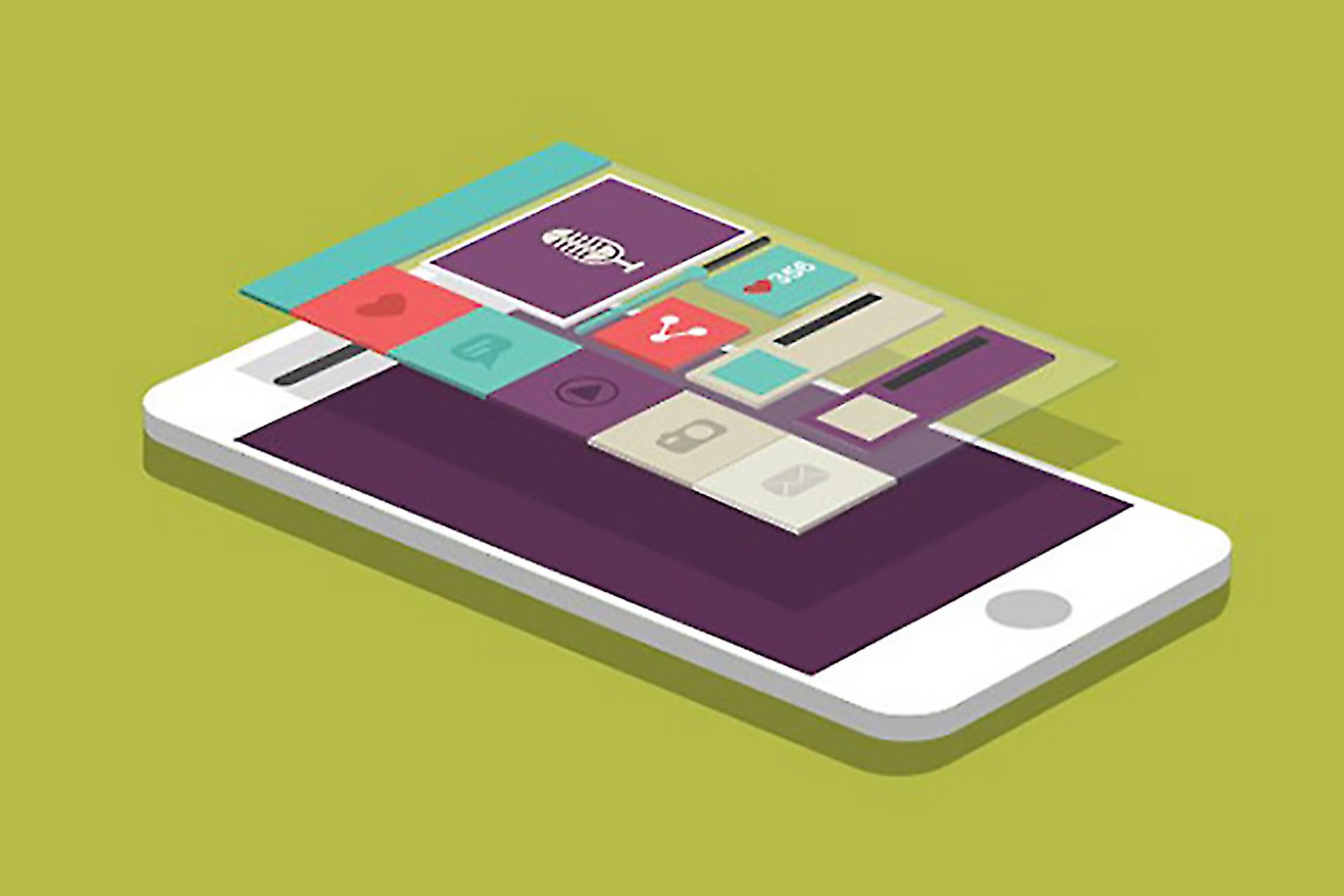Looking for a Mobile App Developer? Post These 8 Details in a Job Brief. Putting these bits on paper will also help you plan our your app strategy in advance.
By Rahul Varshneya Edited by Dan Bova
Opinions expressed by Entrepreneur contributors are their own.

How do I find the right app developer for my idea? I get this question a lot. But what no one's asking is "how do I write the perfect brief to hire a great app developer?"
The finer or more precise your brief, the better a developer can understand your requirements. The better their understanding, the more precise their response. Based on this response, you will be able to judge which developer or development firm best understands your needs and is a good match for taking your idea to the production floor.
The below guidelines will help you craft a great brief that will not only give the developer a good understanding of your requirements, but will help you get more clarity on aspects of your idea -- the finer details on features, the flow between the features, etc. All you need to get started is your favorite word processor and start jotting down these details.
Related: 5 Questions to Ask Before Developing a Mobile App
1. Background: Your own background is crucial to the understanding of the overall app idea. It gives the developer an understanding of how you're linked to your app idea and may help them to give you suggestions/feedback accordingly. For example, if you have a tech background (coding in other languages), then the conversation can take a slightly different route as compared to a background in sales or marketing.
2. Context: When writing a brief for your app, the most important bit is to give context to your app idea. In a short paragraph, answer these questions: What is the insight behind the idea? How did this idea come about? What is the problem you are trying to solve?
3. Customers: Describe in a sentence or two who are the target customers. Elaborate on whom your typical customer is, geographically and demographically.
4. Use case: This is where you describe the overall idea and flow of the application. Put yourself in your user's shoes (the customer that you described above) and illustrate the entire flow of the app the way your customer will use it. This does not need to be more than a couple of paragraphs.
5. Features: With the overall idea chalked out, begin to list and describe individual features in greater depth. The more details you can provide here, the more precise the developer's proposal will be in terms of estimated timelines and pricing. While describing the features, also mention how each feature is linked to another, if at all. Segregate the must-have features from the nice-to-have features to ascertain what features will go into the first version of the app.
Related: 10 Questions to Ask When Hiring a Mobile App Developer
6. Wireframes or mockups: This is where a bit more of your time will be spent, but it sure is time worth investing. Pictures always get your message across better than words. Don't fret though, if you don't know how to design or draw. There are plenty of mockup tools available on the internet (many free) that will help you create mockups of your app idea, screen by screen, graphically showing the developer how the app flows. This gives them a better idea of what's on your mind. Send the mockups along with the detailed requirement document.
Some examples of mockup/wireframing tools are Prototyper, Fluid UI, AppCooker and Mockingbird.
7. Monetization: Detail how you plan to monetize to help the developer think in terms of the structure for the app, whether it needs to integrate advertising or have in-app purchases. Putting these down will also make you think of a monetization strategy much ahead of development and help solidify the idea.
8. Areas of assistance: Mention certain areas of help that you may need with respect to your mobile app startup to check whether the developer has anything to offer or if they can point you to the right people or companies. This will give you an idea of the overall capabilities of the development company and how much they are committed to making their clients' products succeed. They may not be executing aspects such as marketing, but should be able to guide you in the right direction.
Putting these details down will take some time, but if you opt not to, you will get mediocre and inaccurate responses from development companies and could make it tougher to choose the right one.










